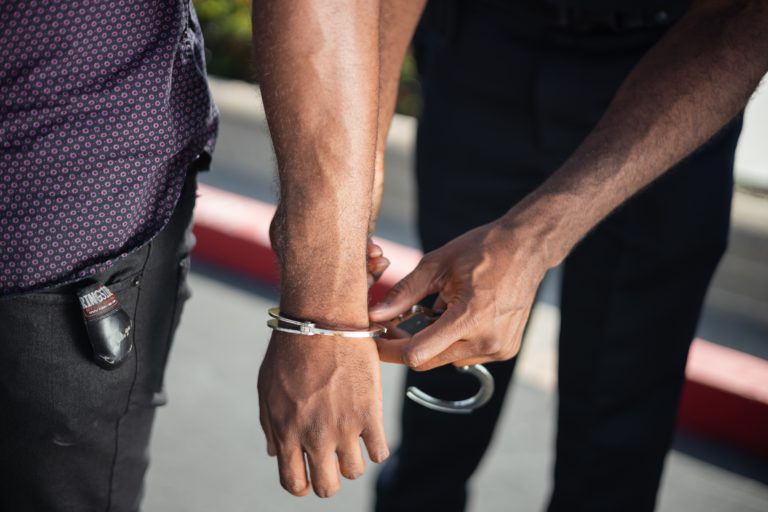When someone is arrested for a crime, it can be a confusing and overwhelming experience. The criminal justice system can be complex, and it is important to have an experienced criminal defense attorney to guide you through the process. In this blog post, we will explain from start to finish what happens after someone gets arrested for a crime and how a criminal defense attorney can help them.
The first step in the criminal justice process is the arrest. An arrest occurs when a police officer has probable cause to believe that a person has committed a crime. After the arrest, the individual will be taken to a police station for booking. This includes taking fingerprints, a photograph, and collecting personal information. The individual will then be placed in a holding cell until they can be arraigned.
Arraignment is the first court appearance where the individual is informed of the charges against them and enters a plea of guilty or not guilty. If the individual pleads not guilty, the case will proceed to the discovery phase. During discovery, the prosecution and defense exchange evidence and information related to the case. This is an important phase of the process, as it allows the defense to build a strong case and evaluate the strength of the prosecution’s case.
After the discovery phase, the case may proceed to a preliminary hearing or a grand jury hearing. A preliminary hearing is a mini-trial where the prosecution presents evidence to a judge to determine if there is enough evidence to proceed to trial. A grand jury hearing is when a group of citizens hear evidence presented by the prosecution and determine if there is enough evidence to proceed to trial.
If the case proceeds to trial, the individual has the right to a trial by jury or a bench trial, which is a trial before a judge. During the trial, both the prosecution and defense present their case and call witnesses to testify. The jury or judge then deliberates and reaches a verdict of guilty or not guilty.
If the individual is found guilty, the case proceeds to the sentencing phase. During sentencing, the judge will consider the facts of the case, the individual’s criminal history, and any mitigating or aggravating circumstances to determine the appropriate sentence. Sentences can include fines, probation, or incarceration.
Throughout the criminal justice process, a criminal defense attorney can provide a variety of services to assist their client. A criminal defense attorney can: -Advise the client on their rights and the potential consequences of the charges. -Conduct a thorough investigation of the case to gather evidence and information to build a strong defense. -Negotiate with the prosecution to reach a plea deal, if appropriate. -Cross-examine witnesses and present evidence during the trial. -Advocate for the client during sentencing. -Research potential legal options for clients such as appeals or post-conviction remedies.
An experienced criminal defense attorney can provide valuable guidance and representation throughout the criminal justice process. They can help you understand the charges against you, the potential consequences, and the options available to you. They can also work to protect your rights and freedom by ensuring that the prosecution has a strong case against you, and that any evidence against you was obtained legally.
It is important to remember that being arrested for a crime does not mean that you will be convicted. A criminal defense attorney can help you fight the charges against you and work to achieve the best possible outcome for your case. If you or a loved one has been arrested for a crime, it is important to consult our office as soon as possible to ensure that your rights are protected and that you receive a fair trial.


